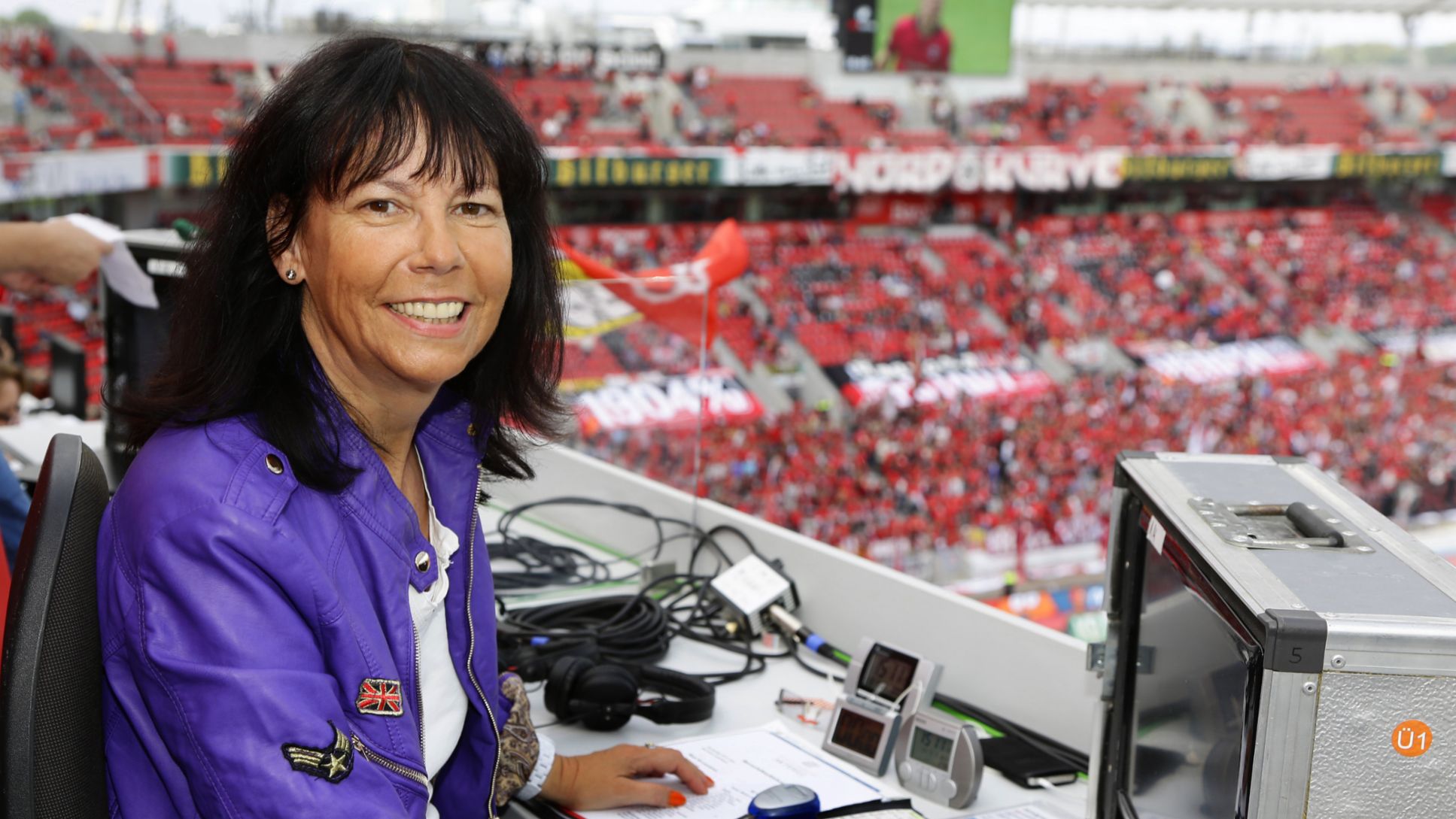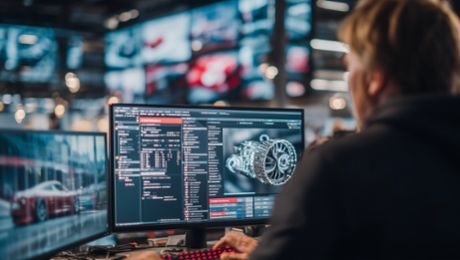Will Big Data turn soccer at stadiums into computer games?
The essence of soccer is its spontaneity and individuality. If electronic analyses standardize, objectify, and verify absolutely everything, I would find that excessive. In that case we could also just get rid of the referees. But as far as training goes, digitization is enormously important. The data enables coaches to analyze the strengths and weaknesses of each player.
How will more technology on the field change the experience for spectators?
TV viewers can choose different camera perspectives, follow their favorite reporters, and customize how they experience the atmosphere in the stadium — for example, by selecting the sounds that are transmitted. But none of this can substitute for actually being in the stadium. That will remain a unique experience.
Do you think digital technology could take the excitement out of soccer?
Yes, it could take away some of the excitement—and especially the fascination. If you have 50,000 pieces of data being evaluated every second, there might not be anything to talk about after the game is over. It’s OK if we use data to benefit from it. But we shouldn’t become dependent on it. Otherwise, Big Data will end up dominating our world.
But as a reporter you surely wouldn’t mind having access to a little real-time data …
Some data would be priceless. The seats for reporters are about 30 to 50 meters from the action, and we don’t see every detail precisely. One example would be the World Cup final in Rio de Janeiro. When Christoph Kramer lost his bearings after that major three-way collision, no one really realized what had happened to him. The effects only became clear after the match. It would also be helpful to have information on oxygen levels in the blood, because then we’d know for certain whether players still have juice or are running on empty. And of course we also need goal-line systems as soon as possible. If a team shoots a goal that clearly crosses the line but isn’t seen and counted, that’s extremely unfair. The action takes place so quickly these days that the refs and their assistants can’t keep an eye on everything. But I could do without some of the other information, like the distance tallies for individual players. That really doesn’t tell us much about whether a team will win or not.
TV and radio fans will certainly be happy to hear what the players and coaches are saying to each other. This is already happening in the Formula One with the help of on-board radio systems.
That is appealing, of course; I’ve already enjoyed it myself with the Formula One. But all the same…I wouldn’t want that in soccer. That type of information could be abused by people with harmful intentions. Coaches are already holding their hands in front of their mouths when they give instructions on the sidelines to prevent the possibility of lip reading.
So a little of the mystery should remain?
A little nostalgia in soccer has never hurt. The sport even lives in part from its past. That being said, I’m in favor of technological advances in our multimedia world, but in moderation. I would never call for players to swallow a chip so we can have a live feed on their medical data. That’s going too far.
About Sabine Töpperwien
Sabine Töpperwien, a German sports journalist born in 1960, played table tennis in the 2nd Bundesliga in her youth. Her brother, ZDF soccer reporter Rolf Töpperwien, introduced her to sports journalism while she was pursuing a degree in sociology. Töpperwien joined the WDR broadcasting company in 1989 and is now its sports director. She is the first woman to report regularly on ARD’s live Bundesliga radio broadcasts.
Info
Text first published in „Porsche Consulting – The Magazine ", Issue 17
Author: Andreas Weiher // Photo: WDR/ Dirk Bohm




